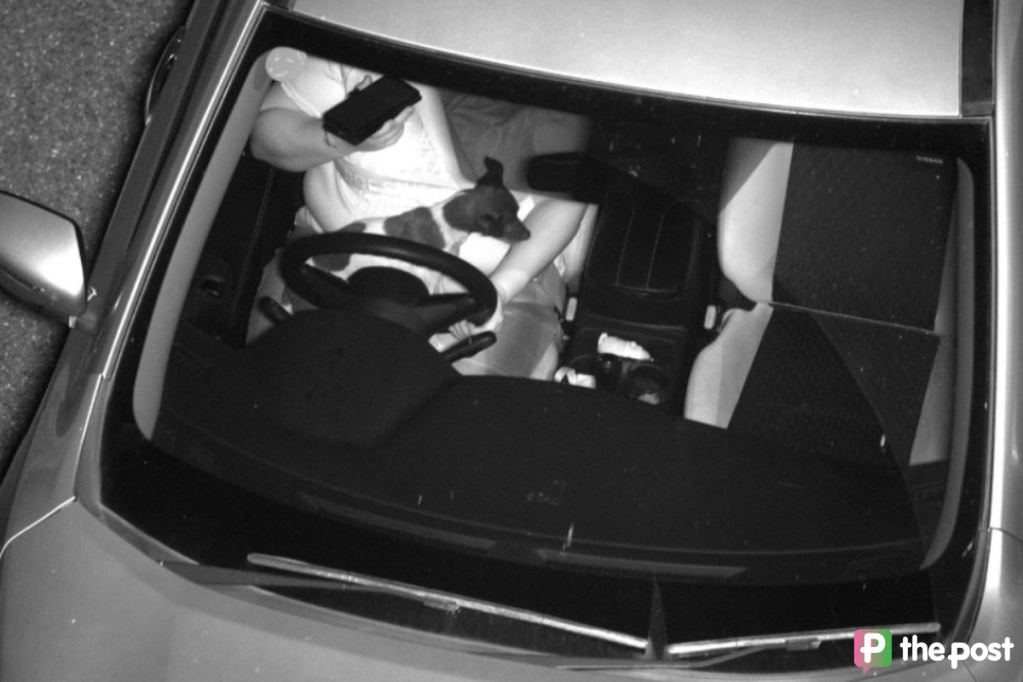Swiss court approves clock-off order for toilet breaks
A court in Switzerland — where time is money for its famed watchmaking industry — has ruled that a dial manufacturer was justified in telling workers to clock out to use the bathroom.

The court ruled that watch dial maker Jean Singer & Cie SA was within its rights to require staffers to punch out for toilet time.
The case has bared what some say is a labour-law loophole in a rich Alpine country with a reputation for running like clockwork.
Word of the clock-out requirement leaked to labour inspectors on a site visit during the COVID-19 pandemic in 2021, according to the ruling, which was delivered in June but made public late last month.
They subsequently ordered the company to end the practice, alleging a violation of federal labour law that protects workers’ personal needs and arguing that it could cause workers to “hold it in or not hydrate, which could lead to serious physiological disorders,” the ruling said.
You might like
In its legal action against the order, Singer insisted its staffers had “a great deal of freedom” during their breaks — whose length was “left to the discretion of each employee” — and the clock-in system didn’t involve telling managers why staff took breaks.
Pascal Moesch, a lawyer for the 105-year-old family-run business, said the company believed the issue was generally about “an interruption of work — whether a toilet break, meal breaks, rest breaks, phone breaks, (or) a nature walk. So regardless of the reason for the break, it requires clocking-out.”
The court said that while Swiss law was clearer on issues like the hygiene of rest rooms and the rights of company leaders to make decisions suited to the specific needs of their businesses, a “loophole” remains when it comes to bathroom breaks — a hint that lawmakers might need to intervene to fill it.
In its ruling, the court wrote that “Swiss law does not mention the right of employees to go to the toilet, even though this is a basic physiological need.”
– AAP








